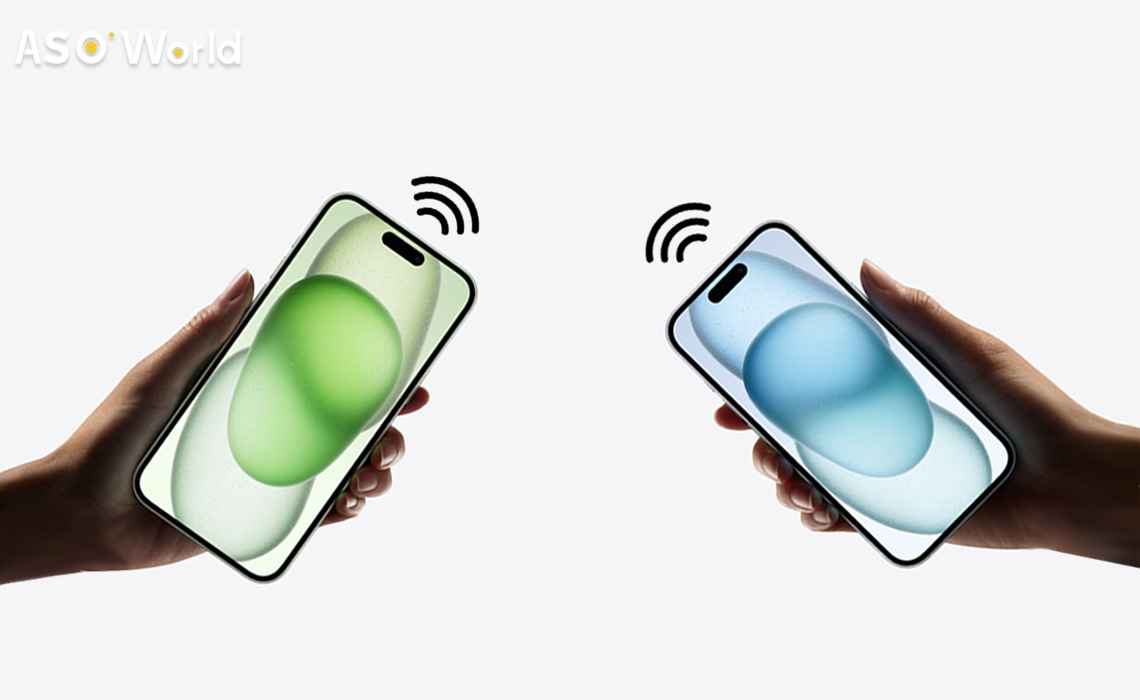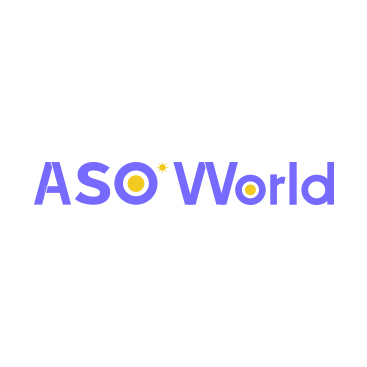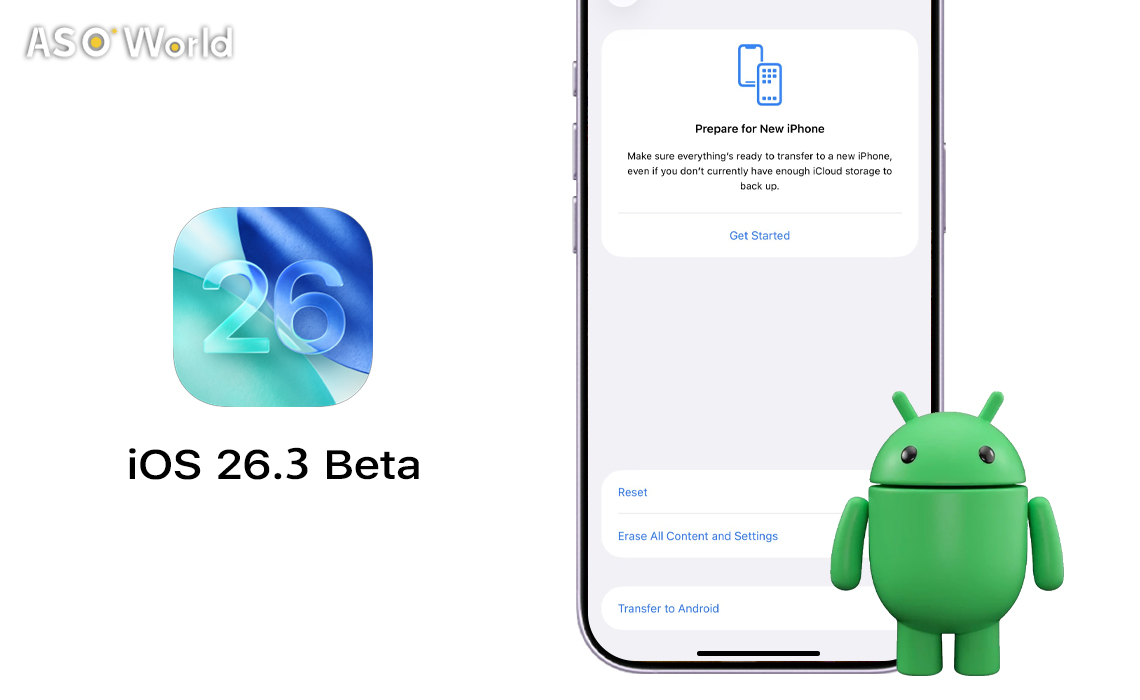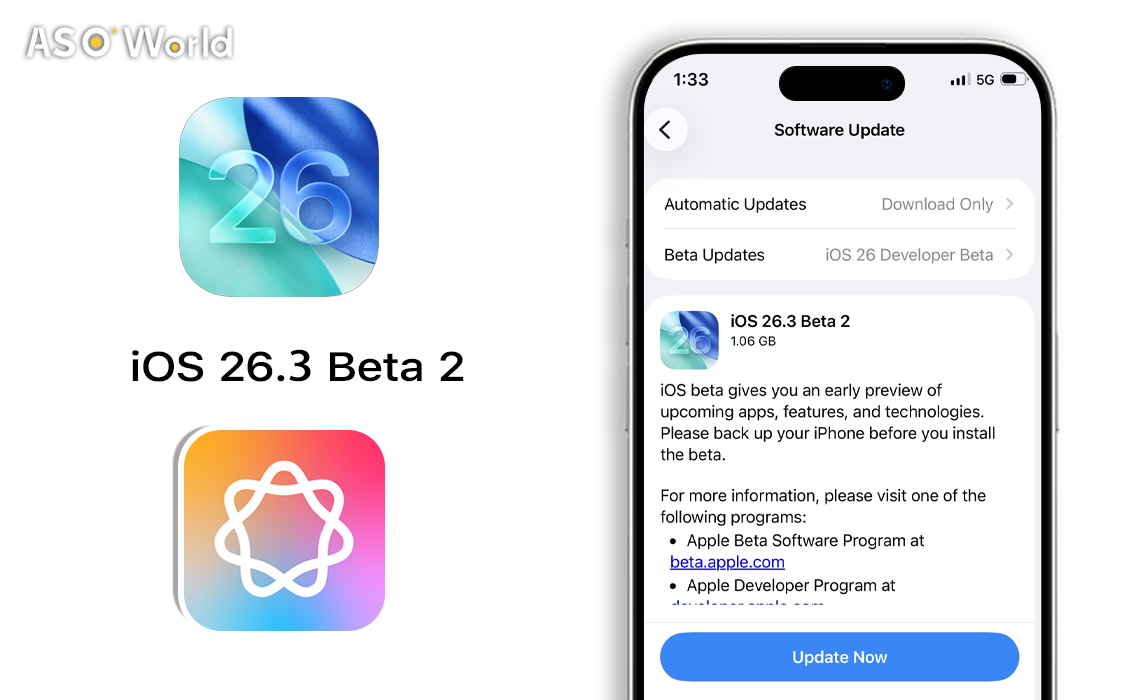In a significant development, Apple has proposed opening its Near-Field Communication (NFC) technology to third-party mobile wallet providers, potentially ending a long-standing dispute with the European Commission.
Resolving Antitrust Disputes
The Investigation and Charges
The European Commission initiated an investigation into Apple in 2020, suspecting the tech giant of restricting competitors' access to essential payment technologies.
By 2022, the Commission had brought antitrust charges against Apple, threatening the company with substantial financial penalties.
>>> iPhone Sideloading Set to Transform EU App Market in 2024
Apple's Concessions
Addressing previous concerns about security, Apple's proposal includes granting third-party developers access to NFC APIs without requiring a fee or the use of Apple Pay.
This access extends to developers and iOS users within the EEA, potentially impacting users outside the region as well.
Independent Oversight
In cases where Apple denies NFC access to third parties, the company has pledged to consult an independent reviewer. This move aims to ensure transparency and fairness in the application of the new policy.
Seeking Industry Input
A Call for Comments
Before accepting Apple's commitments, the European Commission has requested feedback from competitors and other stakeholders. This period of consultation is intended to determine whether the proposed changes adequately address the competition concerns.
Implications for the Market
If implemented, the opening up of Apple's NFC technology could lead to a more diverse and competitive market for mobile payments in the EEA, with potential ramifications for global payment systems.
Editor's Comments
Apple's decision to open its NFC technology to third-party developers marks a pivotal moment in the mobile payment sector.
By potentially leveling the playing field, Apple not only addresses EU antitrust concerns but also signals a willingness to adapt to regulatory pressures.
The true impact of this decision will depend on the feedback from industry players and the subsequent actions of the European Commission.




